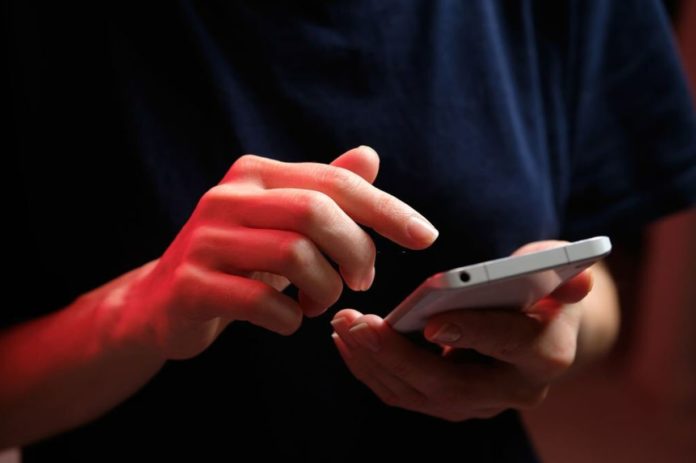A new study published today by the American Psychological Association says that people often underestimate how much others in their social life might appreciate an unexpected phone call, text, or email just to say hello.
Peggy Liu, the primary author, said that “people are fundamentally social beings and enjoy connecting with others.”
The more surprising the connection, the greater the appreciation.
Many studies show that keeping in touch with people is good for our mental and physical health.
This new paper indicates “that people significantly underestimate how much others will appreciate being reached out to”.
The study was published in the journal of Personality and Social Psychology.
Researchers did a series of experiments with more than 5,900 people to find out how well people can predict how much others will like an attempt to connect and what factors might affect that level of appreciation.
In one experiment, half of the people who took part were asked to remember the last time they reached out to a friend via email, text, or phone “just because” or “just to catch up” after not talking to them for a long time.
The rest of the people who took part were asked to think of a time when someone reached out to them in a similar way.
Then, on a scale of 1 to 7, participants were asked to rate how much they or the person they reached out to (depending on the circumstance) appreciated, felt grateful, felt thankful, or felt delighted about the interaction.
People who recalled reaching out felt their gesture was less appreciated than those who recalled getting a message.
In other studies, participants wrote a quick note or sent a note along with a little gift to a friend they hadn’t spoken to in a while.
Similar to the earlier study, those who initiated contact were asked to rate on a 7-point scale how much they believed the recipient would value, be appreciative of, and be satisfied with the contact.
Researchers then asked the recipients to rate how much they appreciated the notes or presents after they were sent.
In every trial, individuals who started the conversation considerably underestimated how much the recipients would value the effort.
The researchers also discovered a fascinating factor that determined how much someone valued a reach out.
According to Liu, “people receiving the communication placed greater focus than those initiating the communication on the surprise element, and this heightened focus on surprise was associated with higher appreciation.”
Additionally, they “found that people underestimated others’ appreciation to a greater extent when the communication was more surprising, as opposed to part of a regular communication pattern, or the social ties between the two participants were weak.”
Liu says that many people have lost touch with friends from high school or college or coworkers they used to talk to at the water cooler before work became remote.
After a lengthy period of isolation, making the first move for social contact can be intimidating because of uncertainty about how it would be accepted.
These results show that people’s reluctance may be unwarranted, as others are more likely to value human contact than they give credit for.
“I sometimes pause before reaching out to people from my pre-pandemic social circle for a variety of reasons. When that happens,” adds Liu, “I think about these research findings and remind myself that other people may also want to reach out to me and hesitate for the same reasons.”
“I then tell myself that I would appreciate it so much if they reached out to me and that there is no reason to think they would not similarly appreciate my reaching out to them.”
Image Credit: Getty
You were reading: Reaching Out To A Friend Helps – In Ways That Might Surprise You
